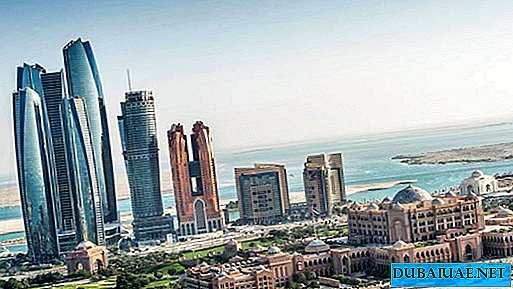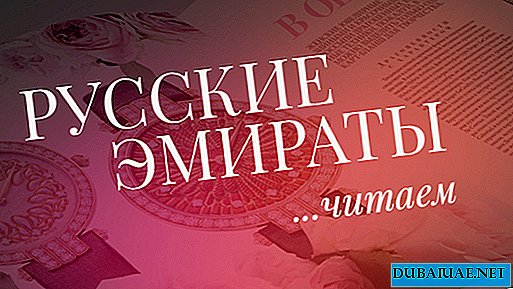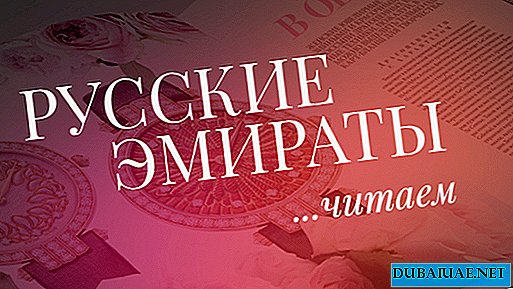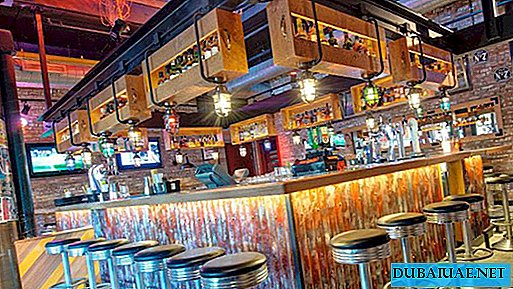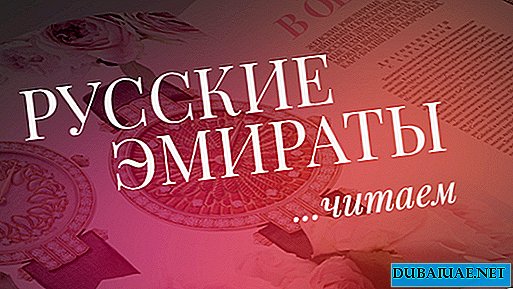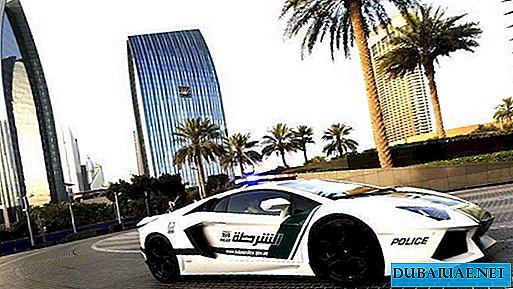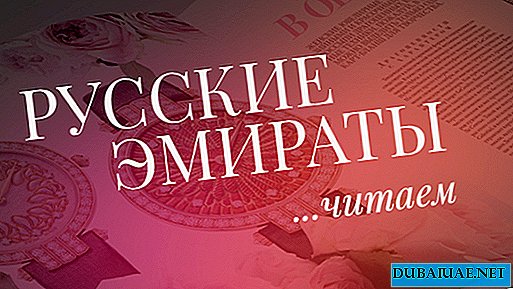 Text: Natalia Remmer
Text: Natalia Remmer SHEIKH SULTAN SAUD AL CASSIMI - ONE OF THE MOST VISIBLE PERSONALITIES OF THE MODERN ARAB WORLD. THE REPRESENTATIVE OF THE GOVERNING SHARJI CLAN CALLS HIMSELF A WRITER, POLITICAL ANALYSIS AND ART ENTUISIAST. IN 2008, HE STARTED TO MAKE NEWSPAPER COLUMNS AND A PAGE IN TWITTER, IN 2010, MASED THE BARJEEL ART FOUNDATION MODERN ARAB ARCHITECTURE FOUNDATION. EVERYTHING IN THE NAME OF A SINGLE TASK: TO TELL THE WORLD ABOUT THE LATEST HISTORY AND MODERNITY OF THE MIDDLE EAST - UNDER THE OWN, PERFECTLY UNIQUE ANGLE OF VISION.
Today, the Barjeel Art Foundation collection contains more than 1000 works from all over the Middle East, from Morocco to the United Arab Emirates: interesting, often controversial, but certainly of historical and cultural value. “The art that I collect is my message to the world, made by artists,” says Sheikh Sultan. “I am a big fan of the history of the 20th century and especially the Middle East. The art of this period reflects events that have occurred - be it anti-colonial wars, historical changes or "the struggle of women for their rights. Our collection includes paintings, sculptures, and photographs: they allow viewers to rediscover the history of the Arab world, to look at it from a new angle."
Sultan Al Kassimi awakened a passion for art in 2003, when he became a regular at art exhibitions, and the first acquired work was a painting by the emirate author Abdul Kader Al Rais from the Doors series. It is still kept in the collection of the fund. Unlike many collectors, the Sultan Al Kassimi, acquiring certain works of art, does not always rely on his own taste. “I get a job if I see that it will complement the collection, add value to it. At the same time, the author’s idea is not necessarily close to me. My preferences are secondary,” Sheikh Sultan explains.
The Barjeel Art Foundation collection is replenished through collaboration with art dealers and auction houses, but the artists themselves, who present their works to the foundation, knowing that they will occupy a worthy place in the exhibition, make an equal contribution.
"I always carefully study the artist’s work, where he studied and with whom I collaborated earlier to complete the picture. I believe that acquiring a work" blindly ", without exploring its value, harms the art industry itself. Young artists should not set too a high price for your work - you must always leave room for growth and build long-term and trusting relationships with gallery owners and collectors. The artist’s behavior helps to fairly evaluate his work, "says Sultan Al Kassimi.
In addition to the generally accessible Barjeel Art Foundation, there is also a private collection, which contains works by artists from Turkey, Iran and Africa.
However, the main focus of the foundation is to become a home for contemporary Arab and Emirate artists. "Emirate art has a special way, and it began in the 1950s. Local artists borrowed modern technologies and adapted them to their own aesthetics, formed their own identity," says the founder of the fund. "Take the work of Abdul Kader Al Rais, an image of Shindagi quarters "You will meet them both in the offices of the rulers and in the UAE embassies abroad - and you will certainly recognize them. This is our identity, these works are part of our heritage."
Most of the paintings in the collection of the fund are very neutral, but there are also provocative works about which one can not even speak out loud in the Persian Gulf region. “The debate about the freedom of the artist is eternal,” argues Sheikh Sultan. “Absolute freedom does not exist in nature, but I’m sure that even censorship helps artists look for more creative approaches, to overcome barriers. Sometimes, due to censorship, they turn out to be much more interesting. However, we need find a balance so that creative freedom does not fluctuate social norms and values. "
"ABSOLUTE FREEDOM DOES NOT EXIST"
It should be noted that Sultan Al Kassimi himself often begins public dialogues, raising sharp and very provocative topics. Take, for example, his ideas about the possibility of granting UAE citizenship to foreign residents or a famous article on the history of atheism in the Persian Gulf region.
In 2008, his “career” as a blogger began with references to works of authorship in local newspapers, and in 2011, Sheikh Sultan became the mouthpiece of the Arab Spring: he wrote, translated and documented events in the bustling Middle East as he saw them with his own eyes.
“Today I have moved away from the practice of broadcasting urgent news in favor of interesting articles, analytics and, of course, art (Sheikh Sultan has more than 80 thousand messages and almost half a million subscribers on the social network Twitter. - Note. Ed.).
Many readers began to recognize young artists thanks to my news, ”says Sheikh Sultan. - It is not necessary to write on sensitive topics that may offend other people.
Social networks should not be transformed from a platform for public dialogue into tools for spreading negativity and feelings of danger. I am responsible to my readers and do not want to spread a false opinion about the country. On the contrary, I want her to get better and better. "


